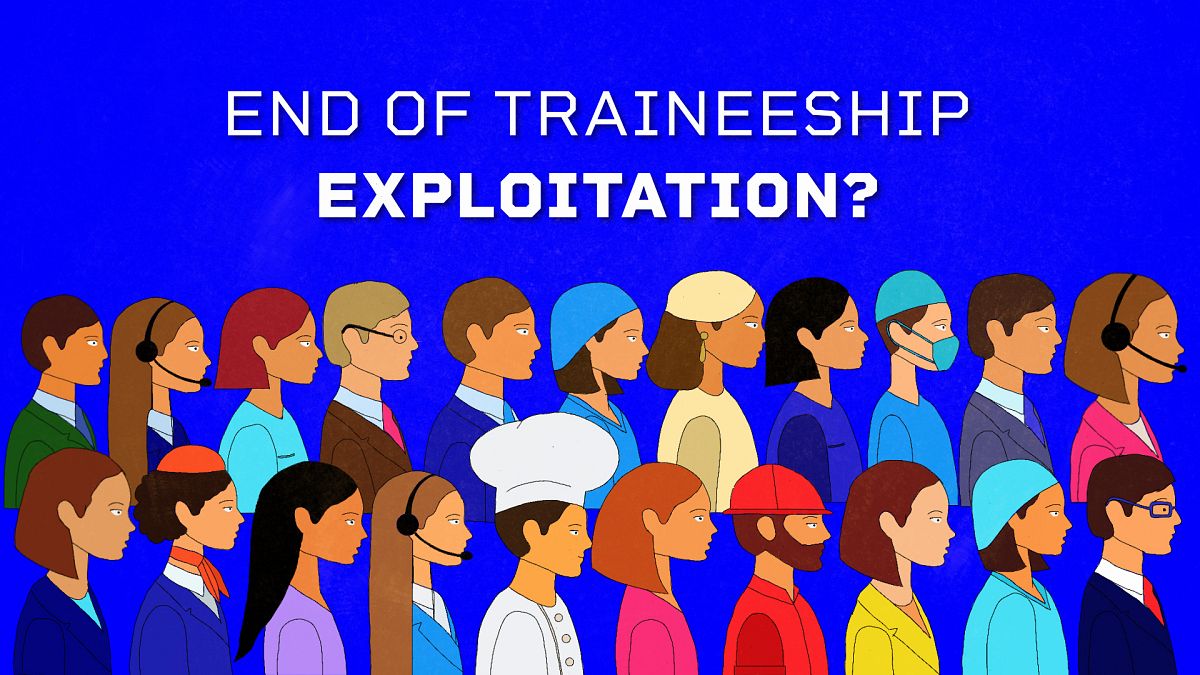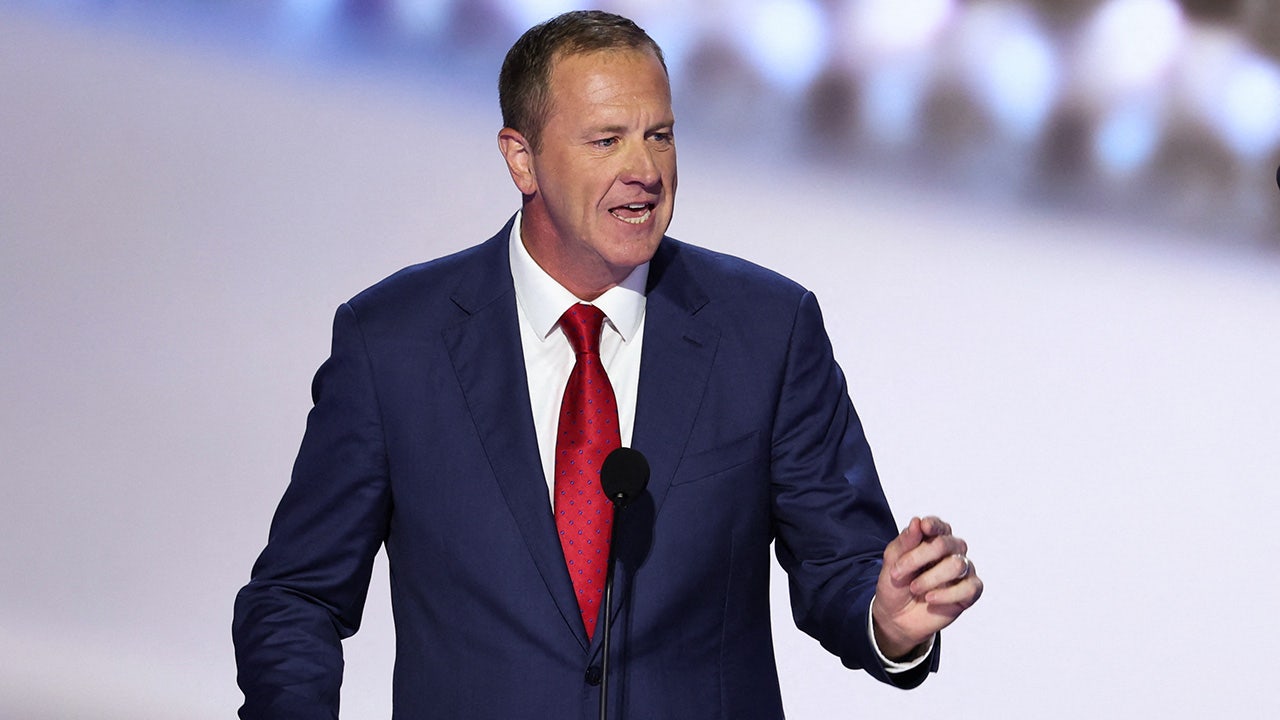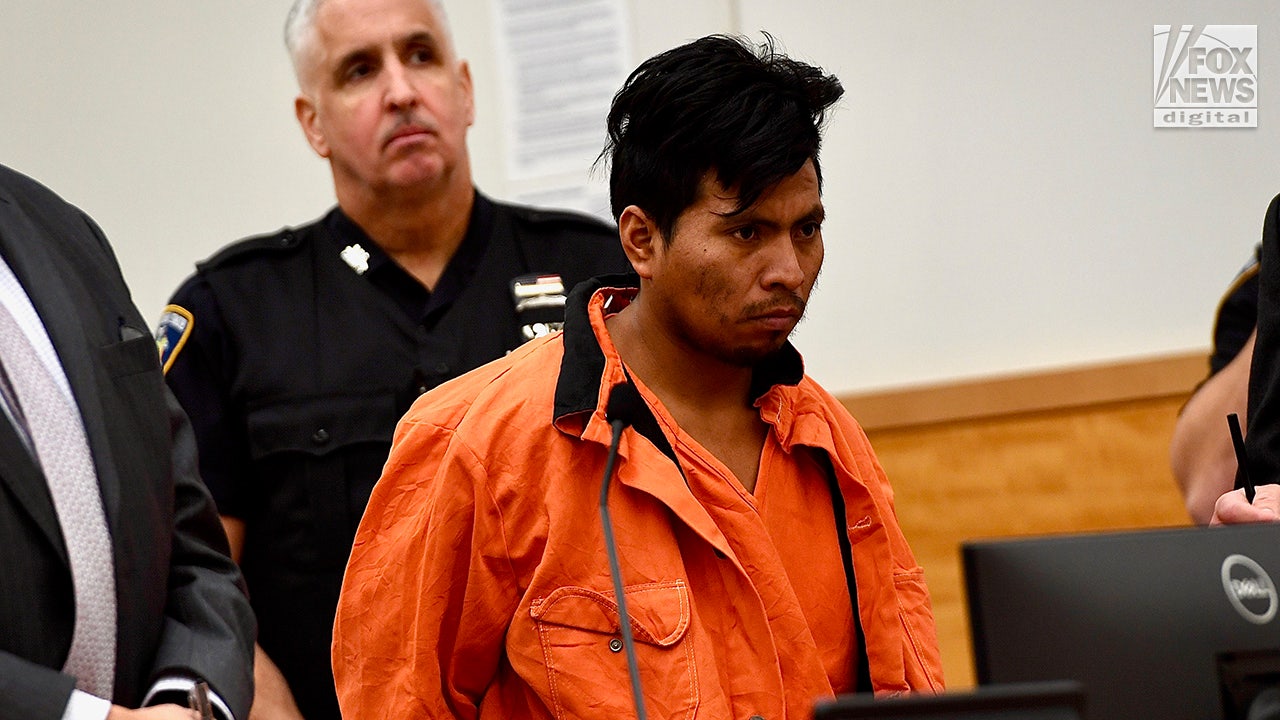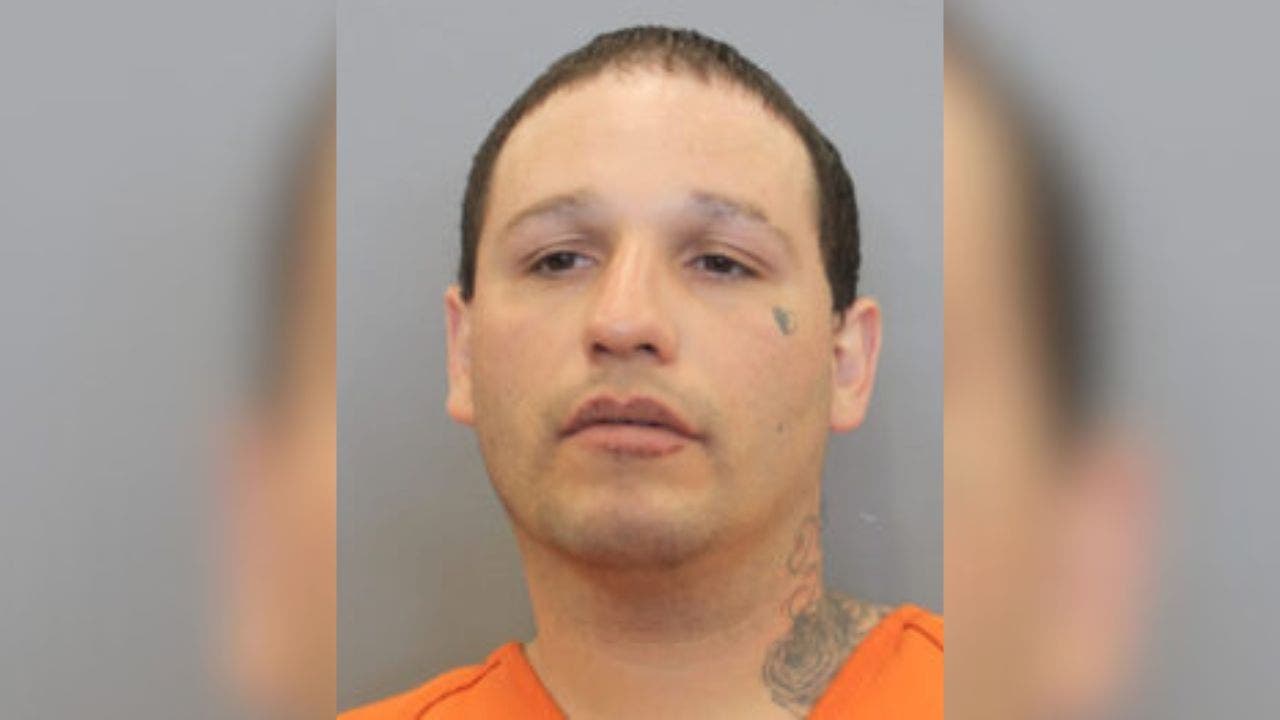A New Jersey federal judge Friday shot down a last-ditch attempt to stop New York City’s controversial congestion toll from taking effect Sunday.
Judge Leo Gordon clarified that his Monday ruling — finding that the toll plan didn’t sufficiently lay out a plan to mitigate the impacts the toll would have on New Jersey — would still allow the toll to start Jan. 5 at midnight.
Gordon made his explanation at a last-minute hearing in Newark federal court, where lawyers for Gov. Phil Murphy argued that the plan shouldn’t be allowed to take effect until after measures are put in place to address the environmental impacts the toll will have on Garden State communities.
If the plan did go forward without addressing the negative effects, it would cause irreversible damage in New Jersey and other local communities, while another delay wouldn’t hurt the MTA, NJ lawyers argued.
“The day they flip the switch, there will be irreparable harm … you can’t put the genie back in the bottle,” lawyer Randy Mastro argued, citing how air pollution and chronic disease will skyrocket in New Jersey.
“They are going to suffer air pollution. They are going to suffer chronic illness and that is an outrage. New Jerseyans lives are literally at stake!”
Mastro said he would file a notice of appeal after Gordon’s Friday night ruling.
“We are going to work as fast as we can,” he told reporters. “We are going to do it as quickly as we can.”
He hopes to get an injunction by the time the controversial toll is set to go into effect.
Lawyers with the US Department of Transportation and the MTA assured Gordon they would update their plan to add a more specific framework to shore up the negative impacts on surrounding communities but insisted it shouldn’t hold up the new pricing program from beginning this weekend.
MTA lawyer Elizabeth Knauer pressed that the agency has since allocated $9.8 million to local communities in the Garden State – meanwhile, $40 million has been allotted to the Bronx.
She argued that mitigation efforts are expected to be rolled out over a five-year span, adding that the changes in traffic “will probably not even be noticed” in New Jersey. Knauer said failing to approve the program would deny Manhattanites “clean air.”
Federal Highway Administration attorney Gregory Cummings also blasted Mastro for failing to provide evidence of any immediate harm the new pricing plan would have on residents.
The MTA will begin charging $9 for passenger vehicles during the peak hours of 5 a.m. to 9 p.m. on weekdays and from 9 a.m. to 9 p.m. on weekends. The drivers will be charged $2.25 during all other times to pass into Manhattan’s busiest neighborhoods.
Small trucks will be charged $14.40 during peak hours while large trucks will be charged $21.60.
The Big Apple’s congestion pricing will be the first of its kind in the nation.
Many people, including cops, firefighters, teachers, politicians and Jersey residents are livid over the plan they say will financially burden those who are already struggling and could also have negative health impacts because of increased pollution in affected communities.
But the MTA says the new toll will provide a much-needed financial influx to help improve a strained transportation system.
Congestion pricing had been slated to start this summer until Gov. Kathy Hochul halted it in June, claiming it would disproportionally burden working-class New Yorkers. The toll was initially set at $15.
“I am deeply disappointed that the Court has allowed the flawed congestion pricing plan to move forward, disregarding the severe environmental, public safety, and economic impacts it will impose on Bergen County residents,” county executive Jim Tedesco said in a statement.
“With Bridgegate-esque gridlock now expected daily in eastern Bergen County, a region without commuter rail service, Bergen County must see immediate funding designated to enhance its public transportation system, starting with the long-overdue NJ Transit extension of the Hudson Light Rail.
“We will not relent in our fight for fairness, transparency, and the well-being of our community,” he added.
Transit advocates, however, cheered the ruling.
“Congestion pricing will improve commutes for millions of workers and create tens of thousands jobs in New York, New Jersey and Connecticut. This transformative policy, which subway and bus riders won over a decade of campaigning, will upgrade public transit while cutting gridlock and toxic air pollution across the entire region,” Riders Alliance Executive Director Betsy Plum said in a statement.
“If Gov. Murphy appeals this decision, he cements a legacy as a transit-destroying, climate-denying champion of inequality and longer commutes. After 18 months of vexatious litigation and three federal court rulings in two states, New Jersey’s governor must finally stop throwing good taxpayer money after bad,” she added.
“Having squandered a historic opportunity for new revenue for an ailing NJ Transit network and done his best to undermine public infrastructure and economic growth, he must put this childlike grudge to rest.”
Read the full article here















